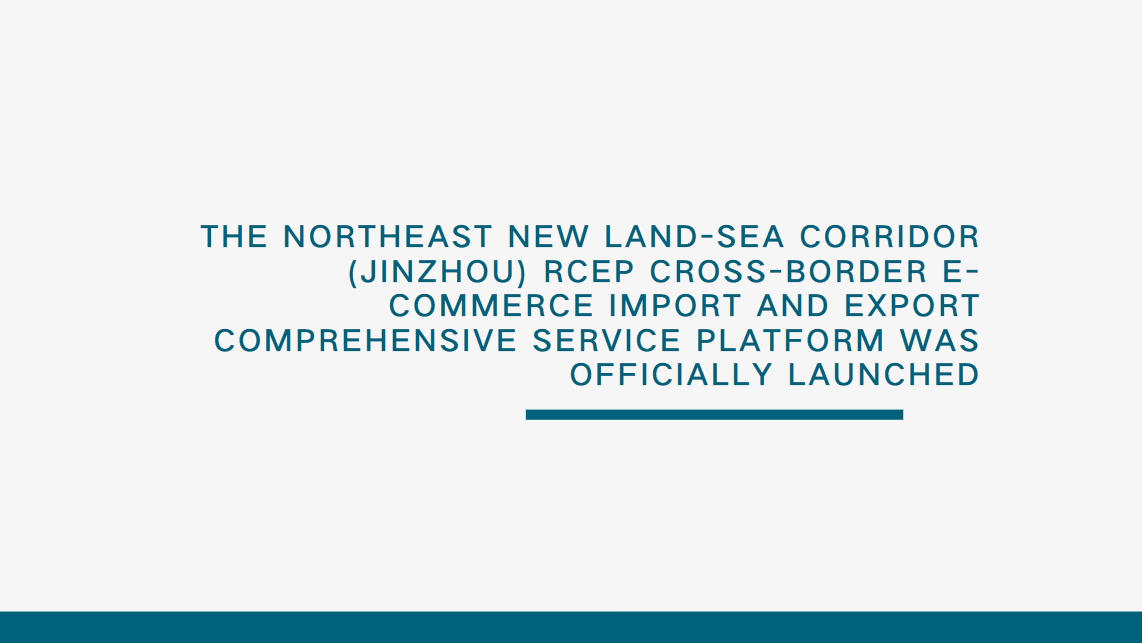Optimizing Revenue and Expenses: Key Chinese Foreign Exchange Policies for Cross-Border E-Commerce Practitioners
China's cross-border e-commerce import and export sector has experienced remarkable growth, expanding nearly tenfold over the past half-decade. In the initial half of 2023, the cross-border e-commerce market burgeoned to a staggering 8.2 trillion yuan, with domestic cross-border e-commerce users surpassing 178 million. Alongside this exponential growth, a slew of advantageous policies have emerged to streamline fiscal operations within the industry. Presented below are six indispensable foreign exchange policies tailored to meet the unique needs of cross-border e-commerce stakeholders.
1. Threshold Exemption for Small and Micro E-Commerce Enterprises
Small and micro cross-border e-commerce enterprises with annual cumulative foreign exchange receipts or payments below the $200,000 threshold are absolved from registration in the "Directory of Enterprises with Foreign Exchange Receipts and Payments for Trade." This exemption streamlines procedures, offering a more straightforward path for these entities.
2. Netting of Overseas Expenses for Cross-Border E-Commerce Firms
Cross-border e-commerce companies can offset overseas warehousing, logistics, tax, and other expenditures against export payments. Notably, when the actual sales revenue remitted diverges from the export declaration amount for specific goods dispatched to overseas warehouses, settlements can still be executed.
3. Advance Payments for Overseas Expenses
In a notable stride, international shipping companies, logistics firms, and China-based cross-border e-commerce platforms can proactively shoulder overseas warehousing, logistics, tax, and related expenses on behalf of clients. Principally, payment periods should not exceed 12 months, enhancing conditions for business expansion in the cross-border domain.
4. Facilitation for Comprehensive Foreign Trade Service Enterprises
Comprehensive foreign trade service enterprises, complying with the stipulated technical prerequisites, are authorized to handle export foreign exchange collection procedures on behalf of their clientele via banks equipped to scrutinize electronic transaction data. This policy streamlines the process of foreign exchange collection for exports, providing cross-border e-commerce firms with a simplified payment collection framework.
5. Online Interface Services for New Trade Entities
For market entities engaged in novel trade formats, accessible online interface services are offered to ease their integration with the foreign exchange monitoring system for goods trade. This web-based platform enables real-time directory checks, corporate goods trade, and foreign exchange business reporting, substantially enhancing convenience and operational efficiency.
6. Personal Facilitation Quota for Cross-Border E-Commerce Individuals
Individuals in China conducting foreign exchange settlement and sales for cross-border e-commerce endeavors can present transaction amount proof or electronic transaction information. Notably, this documentation will not impact their annual personal facilitation quota of $50,000. This initiative reduces personal transaction costs and bolsters the expansion of cross-border e-commerce.
These six foreign exchange policies have significantly bolstered cross-border e-commerce operations. Not only do they simplify requisite procedures and enhance operational efficiency, but they also contribute to cost reduction, solidifying cross-border e-commerce as a pivotal participant in the global marketplace.






















































First, please LoginComment After ~